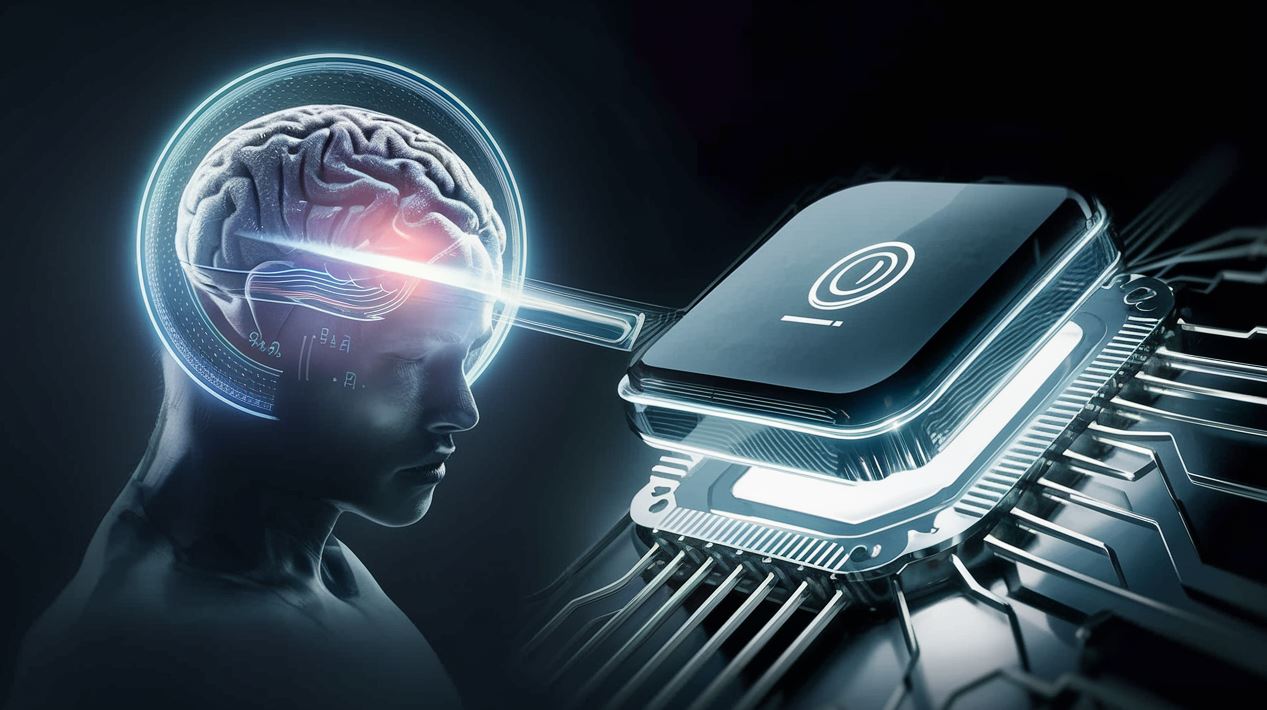Elon Musk, founder of Neuralink, recently announced a groundbreaking development: the first human patient with a Neuralink brain chip implant can now control a computer mouse using their thoughts. This achievement follows the successful implantation of the chip in January, with the patient demonstrating a full recovery without any adverse effects. The trial involved implanting a brain-computer interface in a region of the brain responsible for relaying movement intentions. Neuralink’s technology aims to empower individuals with traumatic injuries to operate computers using solely their thoughts.
″The patient seems to have made a full recovery with no ill effects that we are aware of and is able to control the mouse, move the mouse around the screen just by thinking”
Elon Musk said in a Spaces session on social media platform X.
The identity of the patient remains undisclosed, though Neuralink had previously expressed interest in individuals with quadriplegia due to cervical spinal cord injury or amyotrophic lateral sclerosis (ALS) for its trials. Elon Musk has stated that Neuralink is striving to maximize button presses from the patient’s thoughts, potentially enabling actions like moving a computer mouse to drag objects on a screen. The overarching goal of the company is to restore lost capabilities such as vision, motor function, and speech, with initial users being individuals who have lost limb functionality.
However, criticism has surfaced regarding the lack of formal public reporting about the experiment. Some experts argue that transparency is morally imperative to avoid fostering false hope among individuals with serious neurological disabilities. Meanwhile, other companies in the field, like Synchron, have been enrolling and implanting participants in trials since 2021, reportedly making progress in their research endeavors.
Neuralink’s aspirations extend beyond computer control, aiming to utilize implants to connect human brains to computers to aid paralyzed individuals in controlling smartphones or computers or assisting blind individuals in regaining sight. The company’s inaugural product, dubbed Telepathy, seeks to enable control of a computer cursor or keyboard using thoughts alone. However, before Neuralink’s brain implants can be widely accessible, they must undergo regulatory approval, and the company has faced scrutiny regarding its safety protocols.






